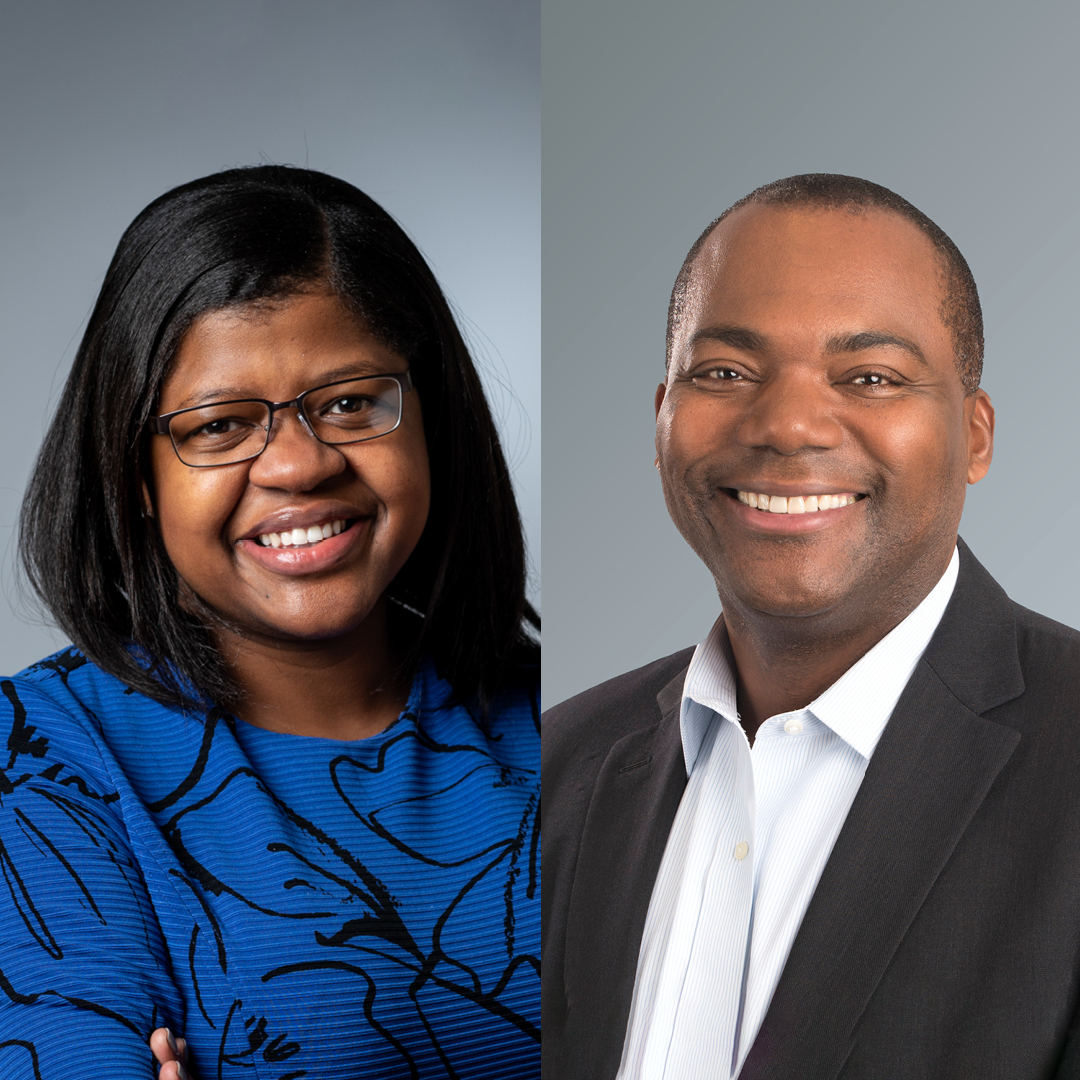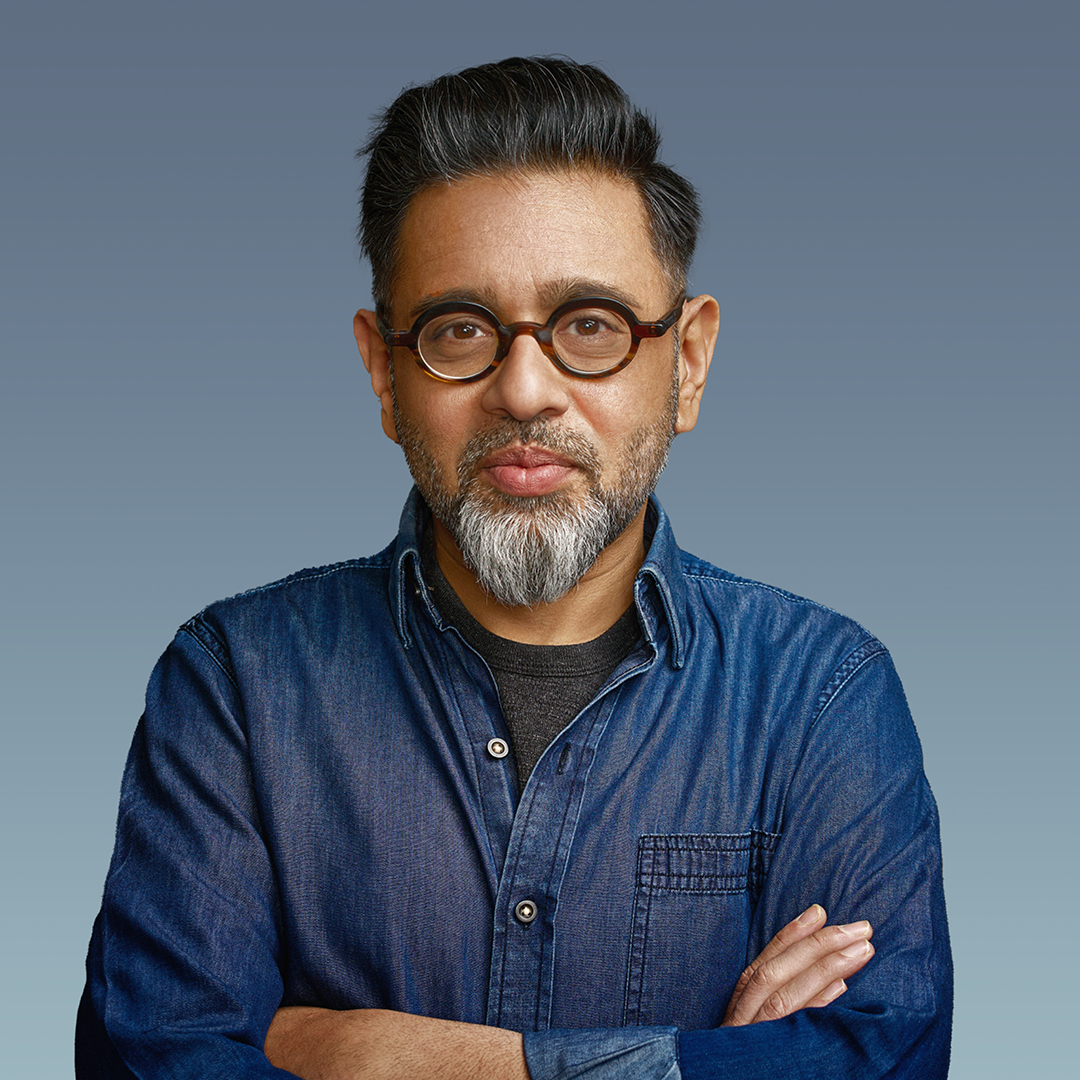Announcing the 2024 Winners of the McNulty Prize
The 2024 McNulty Prize Winners are social impact pioneers answering the call of frontline communities, and creating waves of impact on local, national, and global scales.
The McNulty Foundation and the Aspen Institute announced the 2024 John P. McNulty Prize winners––courageous leaders tackling critical issues, from environmental injustice and disaster recovery, to addressing a national crisis of leadership and education. Each of their organizations will receive $150,000 in support of their exceptional efforts.
"This year’s winners recognize that communities are not passive actors, but fertile laboratories filled with people fighting for a better future for all. These leaders have walked boldly alongside communities facing some of our most urgent problems and elevated their ideas into action,” said McNulty Foundation President and Aspen Institute Trustee Anne Welsh McNulty. “For communities who have been exploited, polluted, or ignored, these organizations are equipping them with the tools to realize a brighter future.”
Whether by building and sustaining a network of environmental justice champions, training a new workforce to enable recovery from disaster, or revolutionizing education and civic leadership for transformation in Haiti, these efforts are pioneering ways for communities to come together to tackle critical issues.
Meet the 2024 McNulty Prize Winners below and watch the winners present their visions live at the Resnick Aspen Action Forum here on July 23rd at 6 pm MT.
For communities who have been exploited, polluted, or ignored, these organizations are equipping them with the tools to realize a brighter future.
Meet the 2024 McNulty Prize Winners
Since 2008, the McNulty Prize has recognized over 50 breakthrough leaders for their moral courage, bold vision, and deep, sustainable impact. The award was created in honor of John P. McNulty and is given in partnership with the Aspen Institute to recognize the exceptional leadership of Fellows across their programs.
Meet the Winners
“We all have a right to breathe clean air, to drink safe drinking water. Abandoning justice is not an option.”
 The Solutions Project | United States
The Solutions Project | United States
With her community organizing background in economic and climate justice, Gloria Walton, President and CEO of The Solutions Project (TSP), knows that the communities most affected by climate change—disproportionately low-income communities of color—have the strongest ideas to address them. TSP has raised and moved over $50 million to 300+ organizations working to advance solutions and policies including clean water and energy, affordable green housing, land stewardship, and more. TSP is not only strengthening a network of grassroots organizations, but shifting support to those most often overlooked: less than 2% of U.S. climate philanthropy goes to grassroots, Black, Indigenous, and people of color (BIPOC)-led organizations, while TSP grantees are 90% BIPOC-led, and 80% women/non-binary led.
TSP’s financial support, visibility campaigns, and capacity-building efforts have resulted in grantees reporting an 182% increase in media coverage and an additional $70 million in public funding leveraged. In the past three years, these solutions have served over 1 million people and benefited over 100 million more via policy wins. Don Cheadle, Actor and Trustee of TSP, says, “Gloria understands that we cannot address climate change without the ideas, creativity, and imagination of the communities that are, and who will be, most impacted.”
At the heart of our work is the belief that those who have experienced inequity are the best equipped to lead the movement for change.
 Anseye Pou Ayiti | Haiti
Anseye Pou Ayiti | Haiti
Passion to contribute to true social justice efforts in their native Haiti is a common purpose shared by leadership and education experts Nedgine Paul Deroly (CEO & Co-Founder) and Jean-Claude Brizard (Founding Board Chair). By building a culture and curriculum that embraces Haitian identity, Anseye Pou Ayiti (APA) is disrupting an oppressive colonial education system by offering a new model of civic leadership and community transformation. Through immersive fellowships for teachers, parents, and school leaders that include training and coaching, leadership development, and community action, APA is working to equip a network of 50,000 leaders by 2025.
APA improves educational outcomes while creating a replicable community-led model for the nation and the world. APA students achieve a 90% passing rate compared to the 41% national average, and 95% of APA fellows pursue careers in educational equity, creating a growing wave of change. As a result, mother tongue instruction has been more widely embraced, the Ministry of Education has hired alumni, and community action projects are addressing school and health access, technology training, community-based financial loans, and more. Sara Wolf from Summits Education says, “Anseye Pou Ayiti’s unwavering commitment and unparalleled outcomes have made it widely recognized and esteemed among Haitian—and global—stakeholders.”
By building the resilience workforce we all need, we can build a climate future in which we don’t just survive, but thrive.
 Resilience Force | United States
Resilience Force | United States
Ever since an anonymous call led him to uncover one of America’s largest human trafficking schemes, labor organizer Saket Soni, has been an advocate for worker’s rights on a grassroots and national level. He founded Resilience Force to support the thousands of mostly immigrant workers who travel to rebuild in the wake of natural disasters, and to scale this urgently needed workforce. Rachel Korberg from the Families & Workers Fund says, “Resilience Force is the only organization of its kind—creatively reimagining an economy that works for all and solves issues from climate to immigration to jobs.”
By training their members and advocating for fair pay, safety, and dignity for workers, Resilience Force is creating a new American profession that will prepare homes for increasingly deadly climate disasters. Their policy wins include raising wages to $35/hour, receiving $1 million to train wildfire and agricultural resilience workers, and starting training programs in Florida, California, and Louisiana that are a model for national expansion. Resilience Force has attached higher labor standards to nearly $400 million in industry contracts, improving the conditions of 3,500+ workers and ensuring dignified work standards for many more to come.
About the Prize: Each McNulty Prize Winner receives $150,000 and support to amplify their efforts. Winners are selected by an international jury that includes Darren Walker, Cheryl Dorsey, Olara Otunnu, and Brizio Biondi-Morra. Previous juries have included Madeleine Albright, Richard Branson, Mary Robinson, and Bill Gates, Sr. The McNulty Prize is given in partnership with the Aspen Institute, to recognize exceptional leadership ventures undertaken by their Fellows.
Follow the conversation on LinkedIn @McNultyFound and on Instagram @mcnultyfoundation with #McNultyPrize.
Register here to join the winners for a dialogue on their bold visions on July 23rd at 6pm MT at the Resnick Aspen Action Forum.
Ideas
Navigating Moral Courage: Insights from Leaders on the Frontlines
Ideas
“I was the establishment”- Global Innovators Share Insights From Their Leadership Journeys
Johnny McNulty